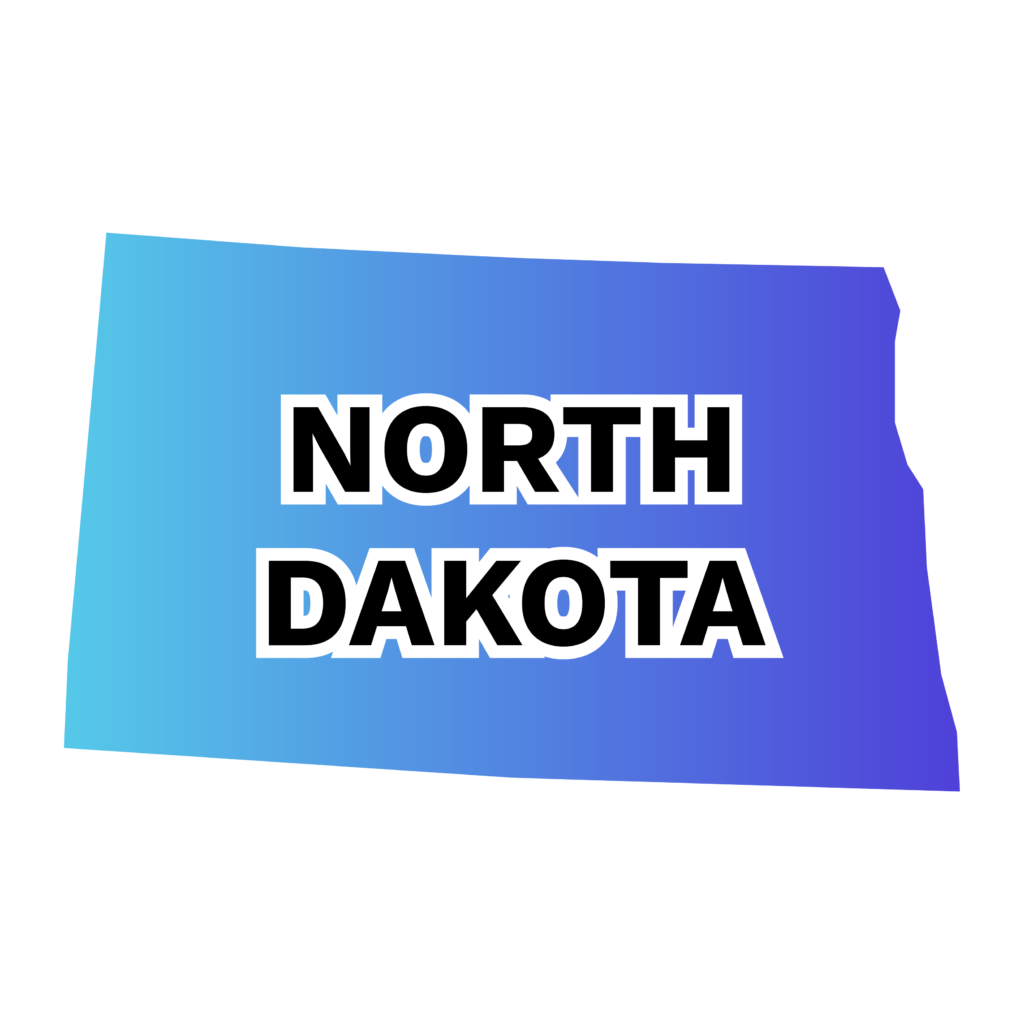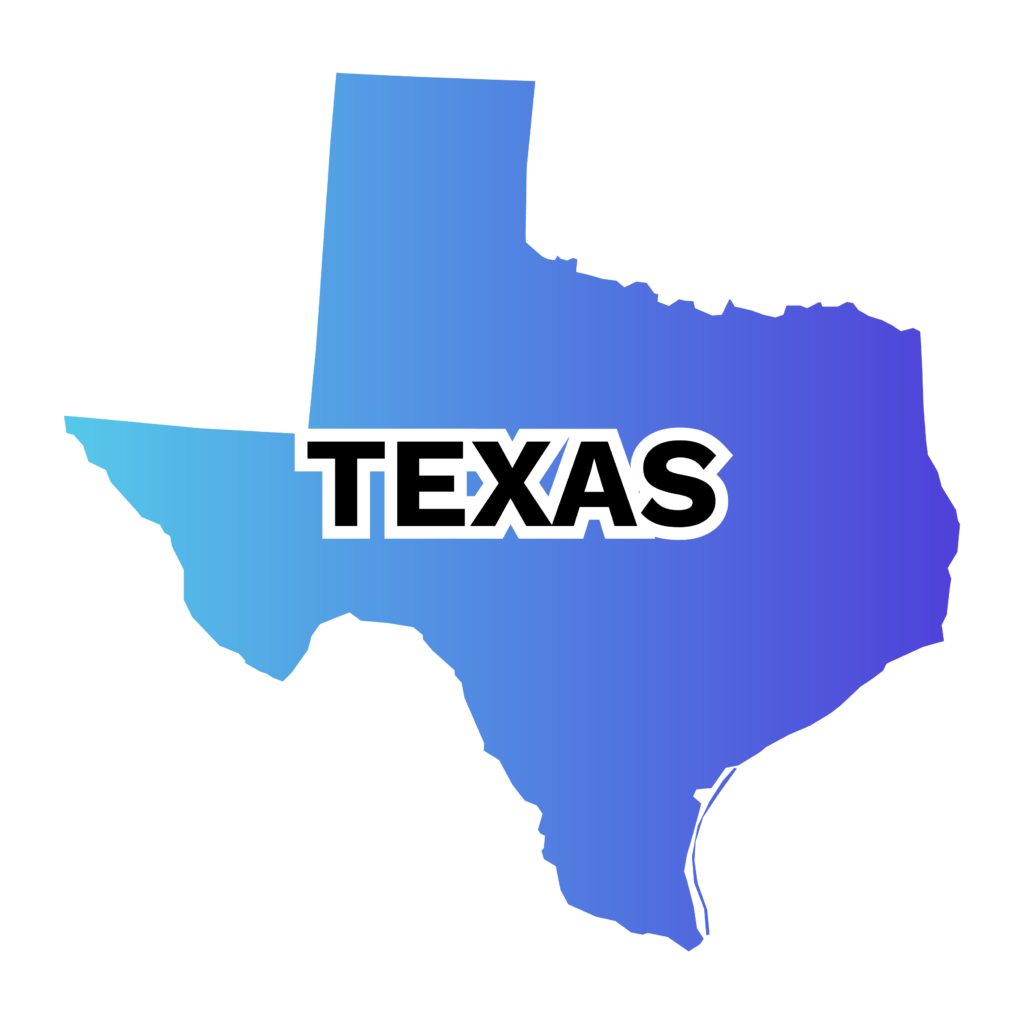The journey to becoming a Certified Public Accountant (CPA) in Connecticut is a testament to dedication, expertise, and adherence to high professional standards. The National Association of State Boards of Accountancy (NASBA) recently implemented a crucial amendment to the Uniform Accountancy Act Model Rules, significantly impacting CPA candidates nationwide.
This amendment extends the CPA Exam testing window from 18 months to 30 months, offering candidates in Connecticut and across the U.S. more flexibility. This change reflects a concerted effort to support CPA candidates, recognizing the challenges of balancing rigorous exam preparation with personal and professional commitments. Aspiring CPAs in Connecticut now have an extended period to pass all exam sections, enhancing their prospects for success in this demanding field.
I’ll dive into the Connecticut CPA licensure process, incorporating the latest developments and outlining the path to achieving this esteemed professional designation. Plus, I make it so that you don’t have to spend hours on Reddit like other CPA candidates searching for answers.
Connecticut CPA License Requirements
To be eligible to sit for the CPA exam, students must first fulfill these qualifications and requirements:
- Minimum age: None
- U.S. Residency NOT Required
- State Residency NOT required
Education Requirements
To qualify for a CPA certificate after January 1, 2000, candidates must complete 150 semester hours of postsecondary education from a CHEA-recognized college or university. This education must include:
- A bachelor’s degree.
- 36 semester hours in accounting, typically labeled as ACC or ACCT in course offerings.
- 30 semester hours in business or economics-related courses (excluding advertising, retailing, and insurance). Acceptable courses include Business Finance, Financial Management, Business Law, Principles of Management, Marketing Strategies, and Business Statistics.
- 60 semester hours in general education, which can also encompass additional accounting, business, or economics classes beyond the specified requirements.
Work Experience
- 2 years of public or non-public accounting experience supervised and verified by an active CPA licensee
Ethics Exam
- Passing of the AICPA ethics exam (Cost of course is $299 or $245 for AICPA members)
Additional CPA Requirements
- Pass all 4 sections of the CPA exam with a score of 75% or higher
- Complete verified accounting work experience
- Pass AICPA Ethics Exam
- Fill out and submit all required CPA license application paperwork
- Pay the CPA license application fee
Connecticut Exam Fees
The cost to take all four sections of the CPA exam in Connecticut is $743 plus the initial $135 application fee. The re-examination registration fee varies depending on the number of sections you are signing up for.
| Auditing and Attestation (AUD) | $344.80 |
| Business Environment and Concepts (BEC) | $344.80 |
| Financial Accounting and Reporting (FAR) | $344.80 |
| Regulation (REG) | $344.80 |
| Education Evaluation Fee: | $90 |
**Important Note: You should not apply and pay for exam sections that will not be taken within six months because your Notice to Schedule (NTS) in Connecticut expires 6 months after issuance.
CPA Exam Updates in Connecticut
The CPA Evolution initiative, a collaborative effort between the NASBA and the AICPA, is set to significantly revamp the CPA Exam. This initiative is a response to the evolving role of CPAs and the increasing integration of technology in the accounting field. The new CPA licensure model, termed the Core + Discipline model, involves a comprehensive core in accounting, auditing, and tax, followed by a specialized Discipline section chosen by the candidate. The three Disciplines available are Business Analysis and Reporting (BAR), Information Systems and Controls (ISC), and Tax Compliance and Planning (TCP). This approach aims to equip CPAs with broader skill sets and competencies, particularly in emerging technologies.
The transition policy for the CPA Exam is crucial for candidates planning to take the exam. Under this policy, candidates who have credits for AUD, FAR, or REG in the current CPA Exam format will not need to retake these sections in the new format. Similarly, those with BEC credits won’t need to take any of the new Discipline sections. This transition policy ensures a seamless transition to the new exam structure.
Expert Tips to Become a CPA in Connecticut
As a CPA who has successfully navigated the complexities of this profession, I want to share some key insights for those aspiring to become CPAs in Connecticut. With the changes from the CPA Evolution initiative, it’s imperative to stay abreast of these changes. The new Core + Discipline model significantly alters the CPA Exam, and understanding its impact is crucial for your preparation.
I recommend networking within Connecticut’s accounting community is another critical aspect of your journey. I encourage you to join local CPA organizations, such as the Connecticut Society of Certified Public Accountants (CTCPA). These groups are not just about building connections; they are a treasure trove of resources, mentorship opportunities, and insights into the state-specific aspects of our profession. The unique business environment in Connecticut makes this local understanding particularly valuable.
Lastly, practical experience is indispensable. Seek out internships, part-time positions, or volunteer opportunities in accounting or related fields. This hands-on experience is invaluable, enhancing your resume and providing a practical perspective on what it means to be a CPA. Remember, the path to becoming a CPA is a blend of acquiring knowledge and understanding its practical applications in the ever-evolving world of finance and accounting. Stay curious, stay connected, and stay committed to your journey.
Local Professional CPA Organizations and Networks
Connecticut boasts several professional CPA organizations that provide networking, education, and career development opportunities.
The Connecticut Society of Certified Public Accountants (CTCPA) is a prominent organization offering resources, continuing education, and advocacy for CPAs in the state.
Another notable network is the American Institute of CPAs (AICPA), which, while national in scope, has a strong presence in Connecticut, providing extensive resources and support for CPAs at all stages of their careers. These organizations play a crucial role in the professional growth and community engagement of CPAs in Connecticut.
CT Exam Information and Resources
- Connecticut CPA Certificate Application
- Connecticut CPA Education Requirements
- Connecticut CPA Examination FAQ
For more details, please contact:
Connecticut State Board of Accountancy
Secretary of the State
30 Trinity Street
Hartford, CT 06106
Email: sboa@po.state.ct.us
Phone: 860-509-6000
Fax: 860-509-6247
What’s Next?
Now that you have started the CPA exam application process, your next step is to find a CPA review course that fits your budget, learning style, and schedule.
It can take several weeks for your application to be processed, so don’t waste that valuable time waiting to hear back from your state board. If you start studying now, you will get a nice jump start on the material and will be better prepared to pass your first CPA exam!
FAQs
Candidates with foreign educational credentials must have them evaluated by a member organization of the National Association of Credential Evaluation Services (NACES). The completed evaluation should be forwarded to the Connecticut Coordinator CPA Examination Services.
Yes, courses and degrees from online programs are acceptable if the college or university is accredited. Candidates should verify the accreditation status of the institution.
Courses in which a pass/fail grade was issued are eligible to meet the education requirement, provided the candidate has received a passing grade.
CPA licenses in Connecticut typically need to be renewed every two years. CPA licensees are also required to complete a specified number of Continuing Professional Education (CPE) hours within each renewal period. The specific CPE requirements can vary, so it’s important for CPAs to stay informed about current CPE standards and ensure they are met before each renewal deadline.
Bryce Welker is a regular contributor to Forbes, Inc.com, YEC, and Business Insider. After graduating from San Diego State University, he went on to earn his Certified Public Accountant license and created CrushTheCPAexam.com to share his knowledge from reviewing hundreds of accounting courses while helping thousands of other accountants become CPAs. Bryce was named one of Accounting Today’s “Accountants To Watch” among other accolades. As Seen On Forbes











